October 29, 2024

Holiday Fire Safety Tips
It’s holiday fire safety time! Protecting your home during the holidays involves crucial fire safety steps. As fire law experts, we outline essential precautions to prevent holiday fires and your legal options if an accident occurs.
Key Holiday Fire Safety Tips
Decorating with festive lights and candles can increase fire risk. To stay safe and minimize liability, keep these safety tips in mind:
- Christmas Trees: Position trees away from heat sources and water them daily. A dry tree can ignite rapidly.
- Candles: Use battery-operated candles, or place real candles 12 inches from flammable items. This prevents fire hazards and protects you legally if an accident occurs.
- Holiday Lights: Inspect all lights for damage. Avoid connecting multiple strands beyond manufacturer limits.
Legal Rights After a Fire During Holidays
If a holiday fire leads to injury or property damage, knowing your rights is essential. Faulty holiday decorations or negligence can sometimes lead to liability claims. Our fire lawyers can help evaluate cases involving:
- Injuries caused by defective holiday lighting or heating equipment
- Property damage due to fire hazards related to holiday decorations
- Liability claims from fire-related accidents in shared residential buildings
Here are some simple messages you can share with ones you love and care about:
- “Keep candles at least 12 inches away from anything that burns. Make sure they are in stable holders and place them where they cannot be knocked down easily.”
- “Consider using battery-operated flameless candles, which can look, smell and feel like real candles.“
- “Inspect holiday lights each year before you put them up. Throw away light strands with frayed or pinched wires.“
- “Read manufacturer’s instructions for the number of light strands to connect.“
- “Water your Christmas tree every day. A dry Christmas tree can burn very hot and very fast.“
- “Make sure your tree is at least 3 feet away from heat sources like fireplaces, radiators, space heaters, candles or heat vents. Also, make sure your tree does not block exits.“
- “Get rid of your tree after Christmas or when it is dry.“

